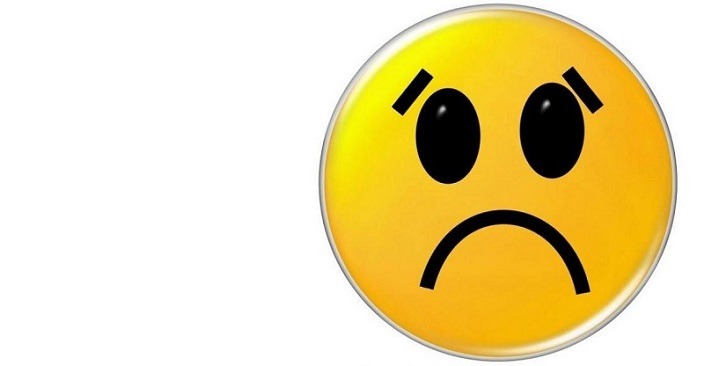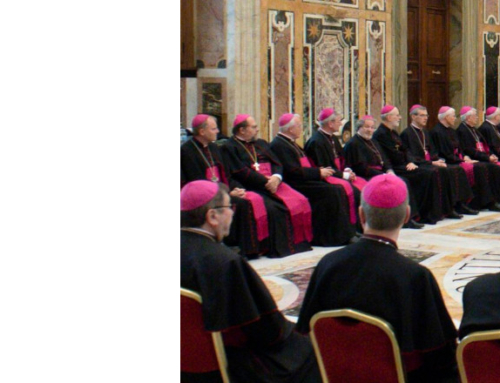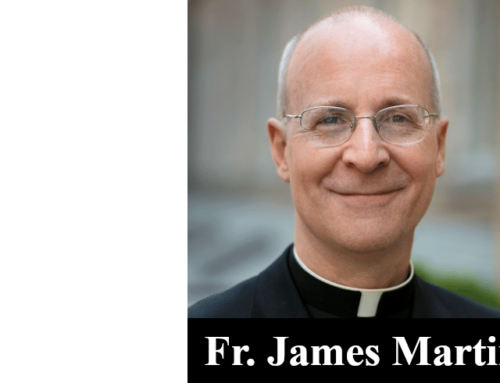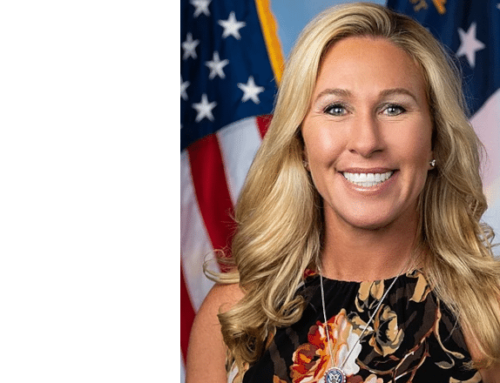Catholic League president Bill Donohue comments on the results of recent surveys on happiness and life satisfaction:
The Democrats are an unhappy people. This has nothing to do with their hatred of President Trump: it’s who they are.
Gallup released a poll on February 6 measuring personal life satisfaction. The survey was broken down on the basis of age, sex, income, marital status, family status (e.g. those who have young children), education, race, and political preference.
It was found that those who make over $100,000 a year are the most likely segment of the population to say they are satisfied with their personal life. In second place are Republicans. In last place are those who make less than $40,000. Democrats are second to last.
Similarly, a Gallup poll released last month on happiness found that Republicans are happier than Democrats. Moreover, the gap is widening between Republicans and Democrats on the scale of being “very happy.” No data were collected based on income.
Money may not buy happiness but it clearly has an impact on personal life satisfaction. That is easy to understand. But why are Democrats so unsatisfied and so relatively unhappy?
Some might say that because African Americans are more likely to be Democrats and are more likely to be at the low end of the income scale, that racial discrimination is indirectly causing the outcome. That assumption is wrong. The real reason for this divide is religion, not race.
Surveys done on wellbeing have consistently found that there is a positive correlation between religiosity (religious beliefs and practices) and happiness; the more religious a person is the happier he is likely to be.
This is true worldwide. A survey by the Pew Research Center released last year that measured religion and happiness on a global scale found that “actively religious people are more likely than their less-religious peers to describe themselves as ‘very happy.'”
We know from many surveys that blacks are much more religious than whites. Indeed, they have more in common with Republicans when it comes to religiosity than they do with white Democrats. The latter are the most secular segment of the population.
So when religion is factored in, we are left with the conclusion that it is white secular Democrats who are the most dissatisfied and the least happy. It is not race and party preference that makes one happy or unhappy. What matters is religiosity.
“Why Are Democrats So Unhappy?” The answer lies more with their lack of religious beliefs and practices—driven by white Democrats—than any other factor.







